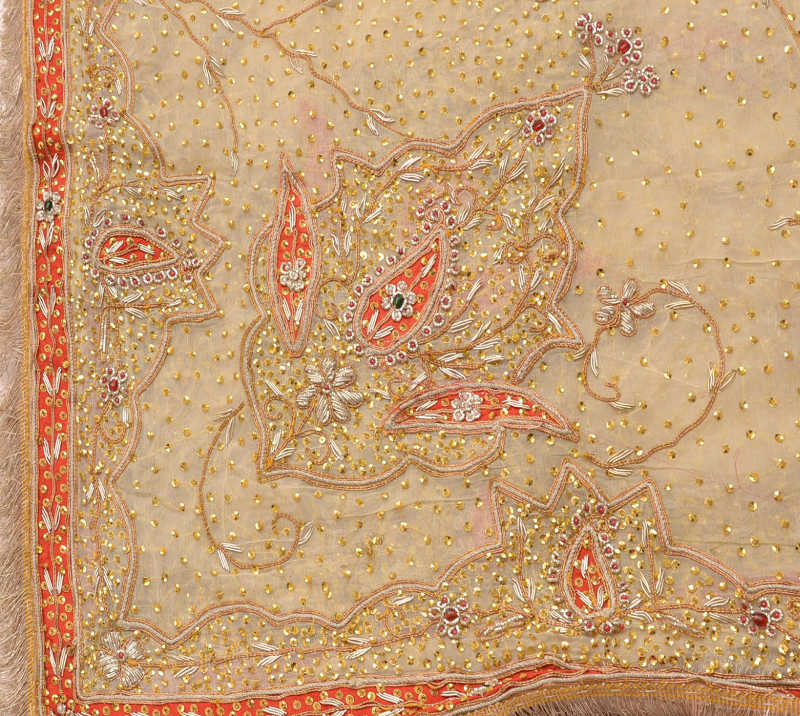===
0309,
2
===

=== |
 |
surāġh : 'Sign, mark, footstep, trace, track, clue; search, inquiry; spying'. (Platts p.650)
musht : 'The fist; —a blow with the clenched fist; —a handful; —a few'. (Platts p.1038)
kahīñ : 'Somewhere; anywhere; wherever, whithersoever; —ever, anyhow, by any chance; ever-so-much, far, greatly; —may be, perhaps, peradventure'. (Platts p.808)
FWP:
SETS
MOTIFS
NAMES == NIGHTINGALE
TERMS == MOODSRF takes the verse to describe only a 'single' fistful of feathers, but the grammar of the verse clearly shows that several 'fistfuls of feathers' will be lying fallen [hoñge paṛe] around the garden 'on all sides' or 'in all directions' [it̤rāf], which also shows the plural-ness. Of course, what was originally a single fistful of feathers could then be blown around by the wind, so that the plural-ness would be that of the individual, separately blown-around feathers.
That 'now' at the beginning of the first line slides by so innocently on first reading (or, remember, on first hearing-- under mushairah performance conditions). Only in retrospect does it hit us so powerfully. What kind of a 'now' is it? Now that the Nightingale is dying? Now that the rose is dead? Now that autumn has come? Previously, before 'now', no such advantage for the gardener existed: either the Nightingale's feathers were still intact, or else the rich greenery of spring made a few scattered feathers impossible to see.
Compare the Nightingale's being reduced to a fistful of feathers in
{265,1}.
And then, how can we not think of the absence of the Nightingale in the brilliant
{265,5},
which envisions a springtime without the Nightingale-- a prospect even more sinister than his absence in the present autumnal-feeling verse. But in both cases, the Nightingale's desired presence, or haunted absence, is located all over the garden, in all directions, in every corner. Roses are often plural, but the Nightingale is almost always singular. Yet his solitary, singular presence, or absence, is imagined as pervading the whole garden.